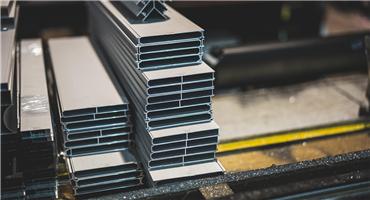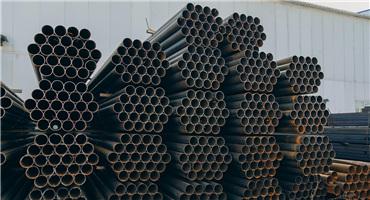Alcoa Corporation, short for the Aluminum Company of America, was founded in 1888 and has grown to become one of the world's leading producers of aluminum, bauxite, and alumina. With a rich history of technological innovation and industry leadership, Alcoa has continually redefined the aluminum industry while embracing sustainability and operational excellence.
1. Historical Evolution
Early Beginnings and Growth
Founding and Breakthrough Innovation:
In 1888, Charles Martin Hall, along with his partners, established what was originally known as the Pittsburgh Reduction Company. Hall's development of the Hall-Héroult process—a cost-effective method for extracting aluminum from bauxite—transformed aluminum from a precious metal into a widely available material. This breakthrough set the stage for the company's rapid expansion.
Name Change and Industry Leadership:
As the company expanded, it was renamed the Aluminum Company of America in 1907, and the abbreviation “Alcoa” became popular by 1910. Over the decades, Alcoa played a crucial role during the World Wars, ramping up production to meet both defense and industrial needs, thereby solidifying its reputation as a cornerstone of the global aluminum industry.
Modern Restructuring
Business Expansion and Technological Advances:
Throughout the 20th century, Alcoa continuously advanced its mining, refining, and smelting processes. Its integrated approach—from bauxite extraction to the production of primary aluminum—enabled the company to meet diverse market demands while driving technological progress.
Corporate Split:
In 2016, Alcoa underwent a major restructuring. The company split into two independent entities: one retained the Alcoa name, focusing on mining, alumina refining, and primary aluminum production; the other, initially known as Arconic (and later rebranded as Howmet Aerospace), concentrated on value-added products and metal fabrication. This separation allowed each company to focus on its core competencies and optimize capital allocation.
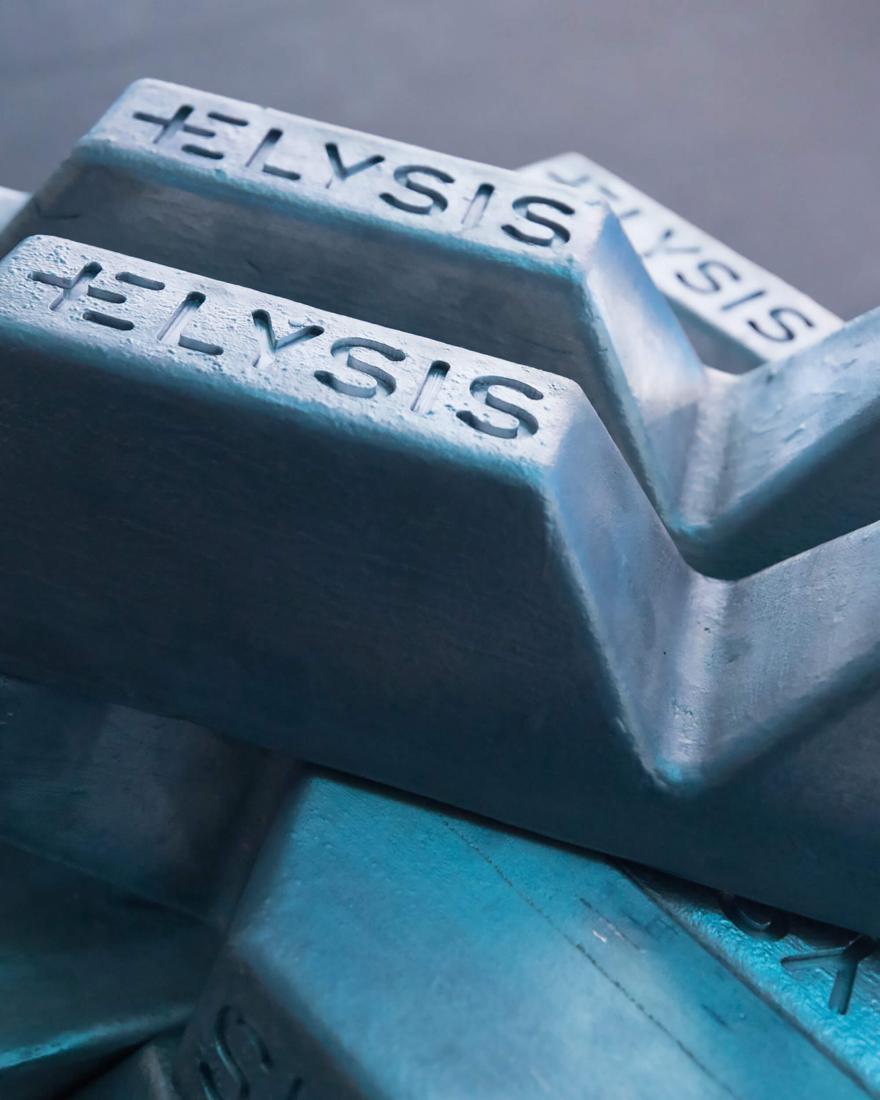
2. Core Business Segments
Bauxite and Alumina
Bauxite Mining:
Alcoa controls high-quality bauxite reserves located in key regions such as Australia, Brazil, and Guinea. Bauxite is the essential raw material used in the production of alumina.
Alumina Refining:
With state-of-the-art refining facilities around the world, Alcoa converts bauxite into alumina (aluminum oxide) using advanced, efficient processes. The refined alumina serves as the primary feedstock for aluminum smelting, ensuring a steady supply for both internal use and third-party customers.
Primary Aluminum Production and Downstream Processing
Smelting and Primary Aluminum:
Using mature and energy-efficient technologies like the Hall-Héroult process, Alcoa produces high-quality primary aluminum. Its product range includes alloy ingots, cast products, and other semi-fabricated aluminum forms widely used in industries such as automotive, aerospace, construction, and packaging.
Value-Added Processing:
In addition to primary aluminum, Alcoa also engages in downstream processing, offering a variety of aluminum products tailored to meet the specific requirements of diverse industrial sectors.
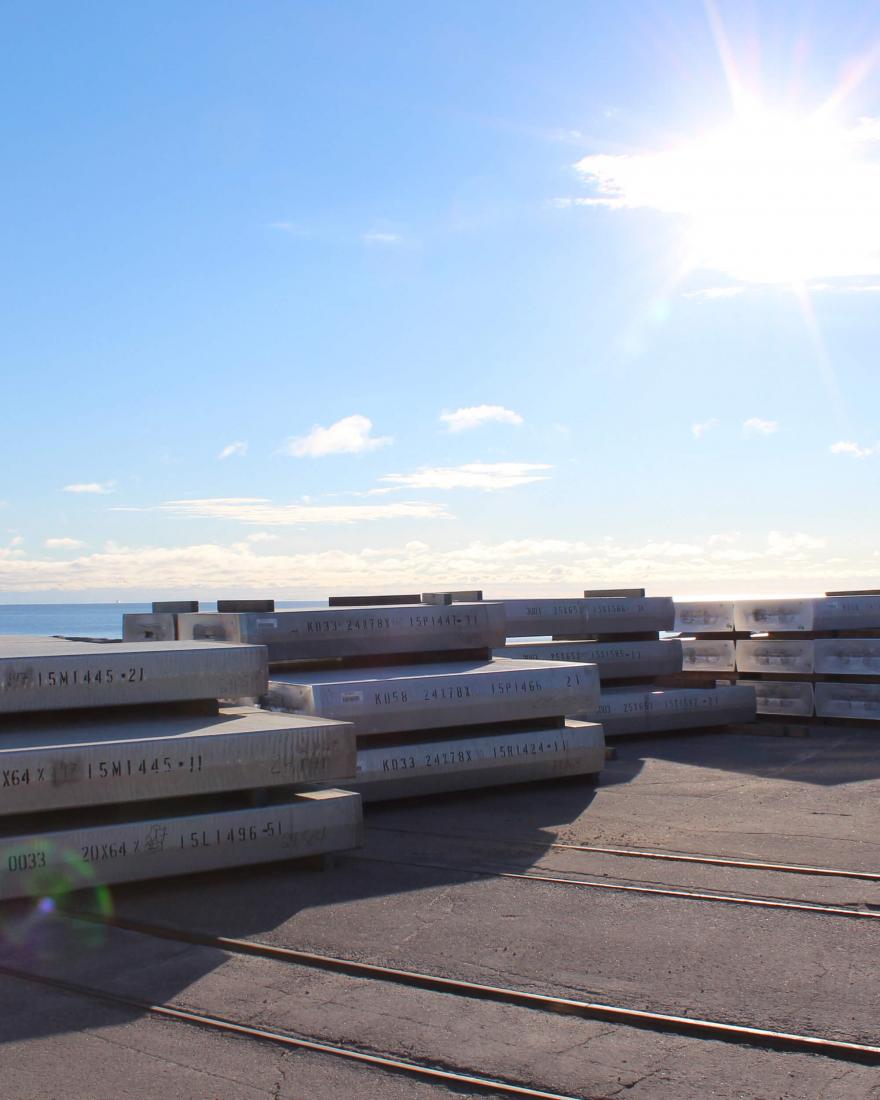
3. Global Footprint and Operational Advantages
Worldwide Operations
International Presence:
Alcoa operates production facilities, research centers, and administrative offices in North America, Europe, Australia, South America, and Asia. This global network enables the company to efficiently serve major markets while maintaining a robust supply chain.
Integrated Value Chain:
The company's vertically integrated business model—from mining bauxite to producing finished aluminum products—allows for enhanced control over quality, costs, and environmental impact, providing a significant competitive edge.
Innovation and Sustainability
Technological Leadership:
With multiple research and development centers, Alcoa consistently invests in process innovation and digital transformation. Its commitment to R&D has led to breakthroughs that improve production efficiency and product quality.
Environmental and Sustainable Practices:
Alcoa is dedicated to reducing its carbon footprint and promoting sustainable operations. Initiatives such as the development of its “Sustana™” low-carbon aluminum product line and long-term goals to achieve net-zero greenhouse gas emissions by 2050 underscore its commitment to environmental stewardship.
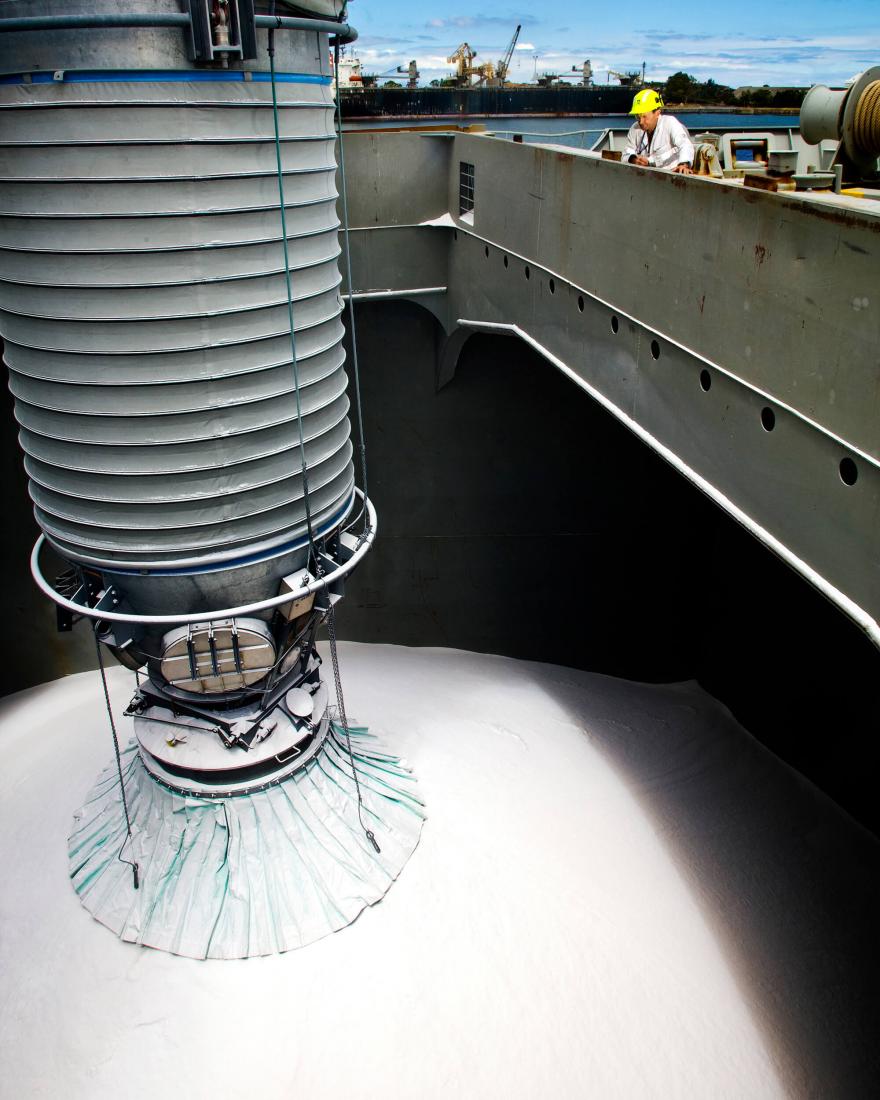
4. Market Position and Future Outlook
Industry Leadership
As a pioneer in the aluminum industry, Alcoa has maintained a leading market position through its robust production capabilities, technological innovation, and integrated supply chain. The company's extensive experience and commitment to operational excellence have made it a trusted partner for industries ranging from transportation to construction.
Future Strategies
Optimizing Production and Cost Efficiency:
Alcoa continues to invest in process improvements and energy-efficient technologies, which help lower production costs and enhance competitiveness, especially in a low-carbon economy.
Expanding Global Markets:
The company is focused on broadening its global footprint and strengthening strategic partnerships with major customers worldwide. By aligning its product offerings with evolving market demands, particularly in high-growth sectors such as automotive and aerospace, Alcoa is well positioned for future expansion.
Advancing Green Technologies:
In response to global climate challenges, Alcoa is exploring innovative smelting processes—such as its joint ELYSIS™ initiative—that promise to reduce or eliminate direct carbon dioxide emissions from aluminum production, thereby setting a new standard for sustainable manufacturing.
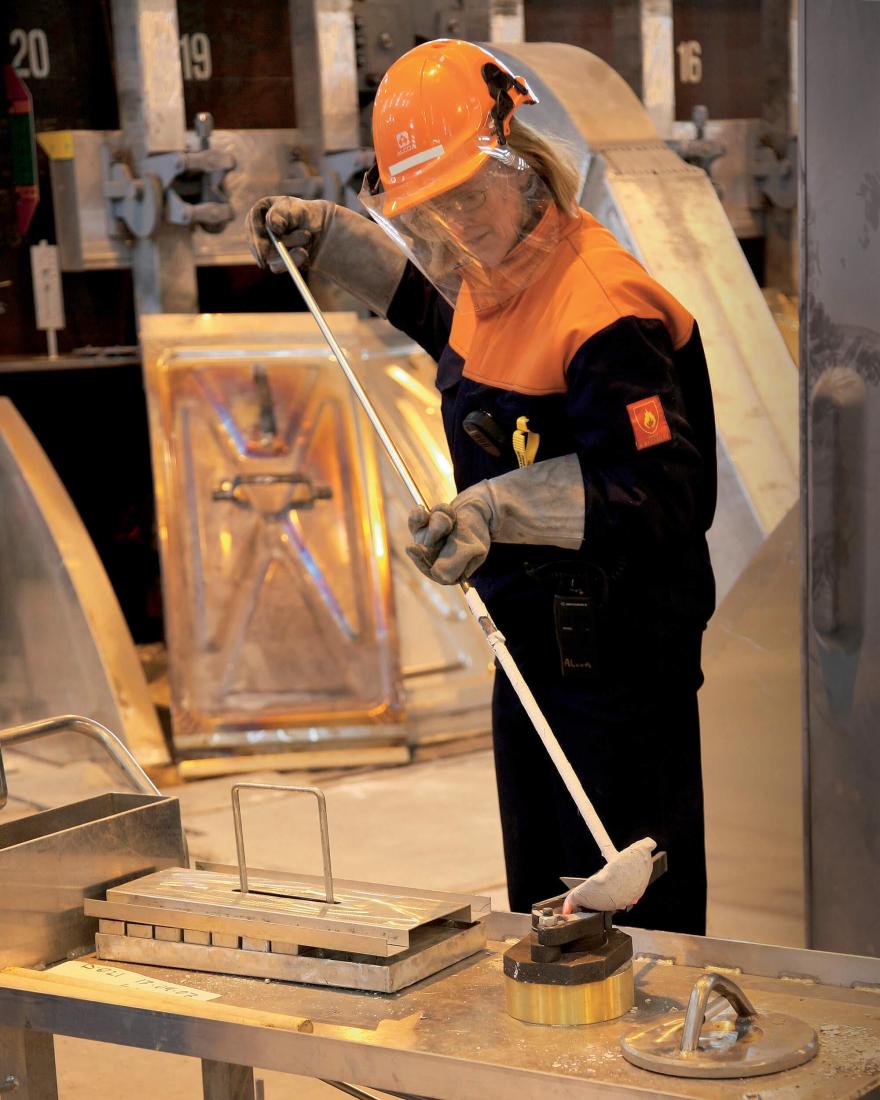
From its humble beginnings in 1888 to its current status as a global industrial leader, Alcoa Corporation has consistently driven innovation and transformation within the aluminum industry. Through its integrated operations, ongoing commitment to sustainability, and focus on technological excellence, Alcoa not only shapes the future of aluminum production but also sets a benchmark for responsible industrial practices worldwide.


